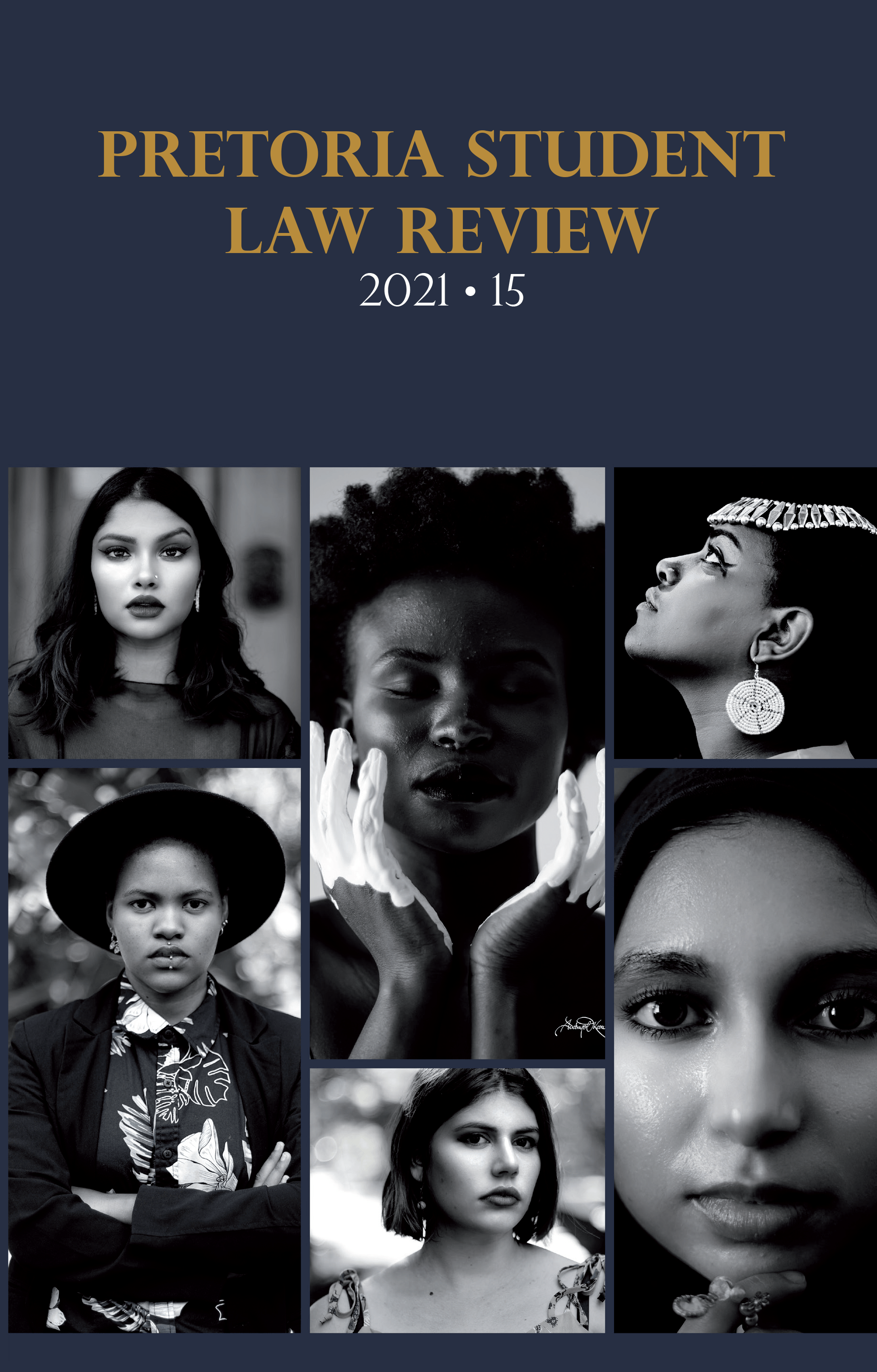SCHOOL OF COURT: THE DEVELOPMENT OF THE RIGHT TO BASIC EDUCATION THROUGH LITIGATION IN SOUTH AFRICAN COURTS
DOI:
https://doi.org/10.29053/pslr.v15i1.3677Keywords:
litigation, immediately recognisable rights, right to basic education, legislative governance, socio-economic rightsAbstract
Education is a means to an end and a ‘good’ in-and-of-itself; but not everyone has equal access to it, if at all. South Africa’s history and extant legacy of colonial-apartheid has left in its wake structural barriers which continue to deny access to basic education for many, both young and old. Although there have been admirable reform efforts to engender system-wide improvements to access to and the quality of basic education through governance and the provisioning of resources, there are glaring shortfalls in making basic education ‘immediately realisable’ to ensure our constitutional vision of a transformed South Africa. Over time, non-governmental efforts aimed at realising basic education have turned to the courts to compel the state to make more equitable and qualitatively better provisions. In the historical and present circumstantial and structural status quo of basic education in South Africa, this paper explores the efficacy of such litigation efforts as well as litigation as a device to improve governance and access to basic education in our country.





